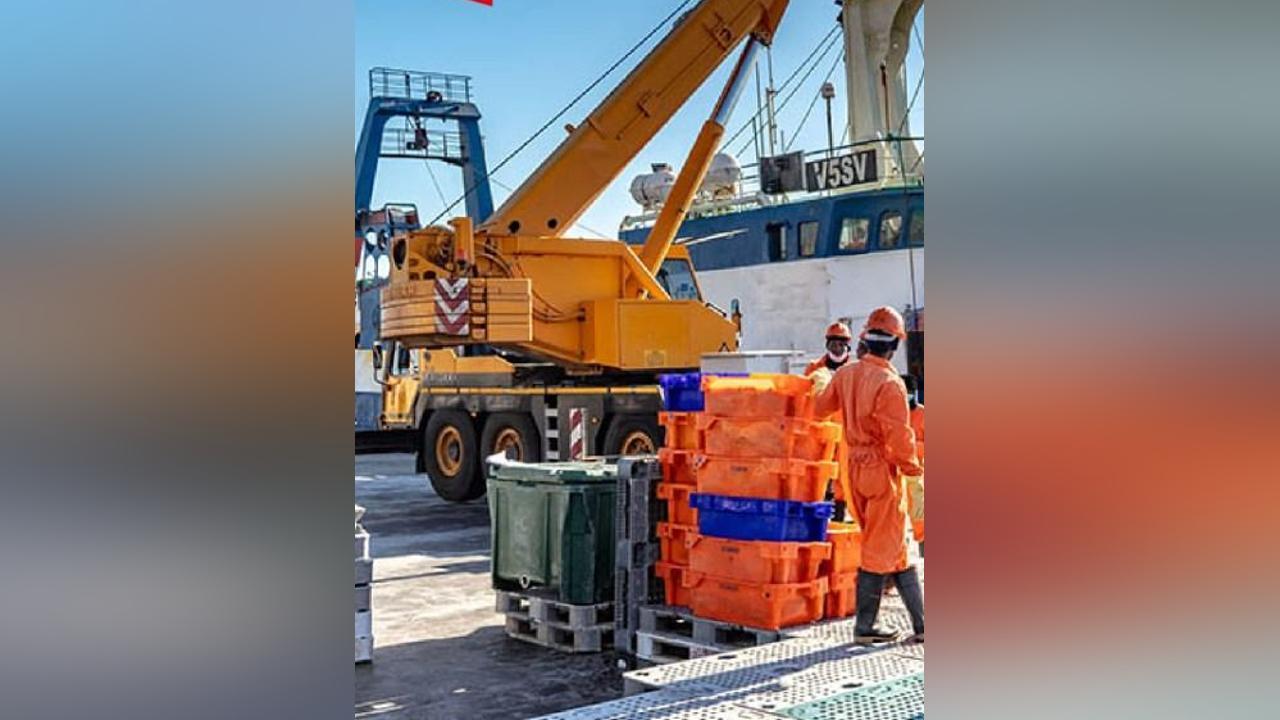Africa-Press – Namibia. The Deputy Minister of Agriculture, Fisheries, Water and Land Reform, Ruth Masake, has announced that the ministry plans to position the fisheries sector as a key driver of decent employment and industrialisation by promoting onshore fish processing and value addition to extend job creation beyond the sea, among other goals.
Masake made these remarks at the Annual Fishing Industry Address, which recently took place in Walvis Bay, Erongo Region.
“As emphasised by the President, we cannot talk about development while youth unemployment stands at over 44%. The fisheries sector must rise to the occasion as a driver of decent work and industrialisation,” she said.
To achieve this, Masake said the ministry aims not only to boost onshore processing and value addition but also to invest in training, technology transfer, and the growth of Small and Medium Enterprises (SMEs). She added that support would also be extended to cooperatives owned by women and youth, and to artisanal fishers.
She stressed, however, that employment and industrialisation are not the ministry’s only focus. Addressing the decline in fish stocks is also a priority.
“We are fully aware of the growing concerns about diminishing fish stocks. This issue threatens not only the sustainability of the industry but also the livelihoods that depend on it. Going forward, we are calling for an inclusive, science-based national strategy,” she said.
Masake explained that the strategy will include improved stock assessments, the creation of more marine protected areas, seasonal closures, and moratoriums where necessary. It will also involve stepping up efforts against illegal, unreported and unregulated (IUU) fishing through stricter enforcement and greater regional cooperation.
“This effort will require the active participation of government, the private sector, civil society, and local communities. Fish is not only a critical export commodity, it is also essential to food and nutrition security for our people,” Masake said.
She also pointed out that Namibia’s marine ecosystem faces increasing pressure from mining, energy exploration and shipping. This, she said, demands a balanced approach that ensures environmental sustainability, guided by the Blue Economy Governance Framework. She said that this approach will support integrated spatial planning for marine and coastal use, introduce safeguards to protect biodiversity, and encourage collaboration across sectors to minimise conflict and maximise shared benefits.
Masake further acknowledged that while fish is an essential source of food and nutrition, many Namibians are still unable to afford it regularly. The ministry plans to tackle this by expanding inland fisheries and aquaculture, improving local distribution through targeted subsidies and regional allocations, and promoting innovations in processing and packaging to reduce waste and extend shelf life.
For More News And Analysis About Namibia Follow Africa-Press






